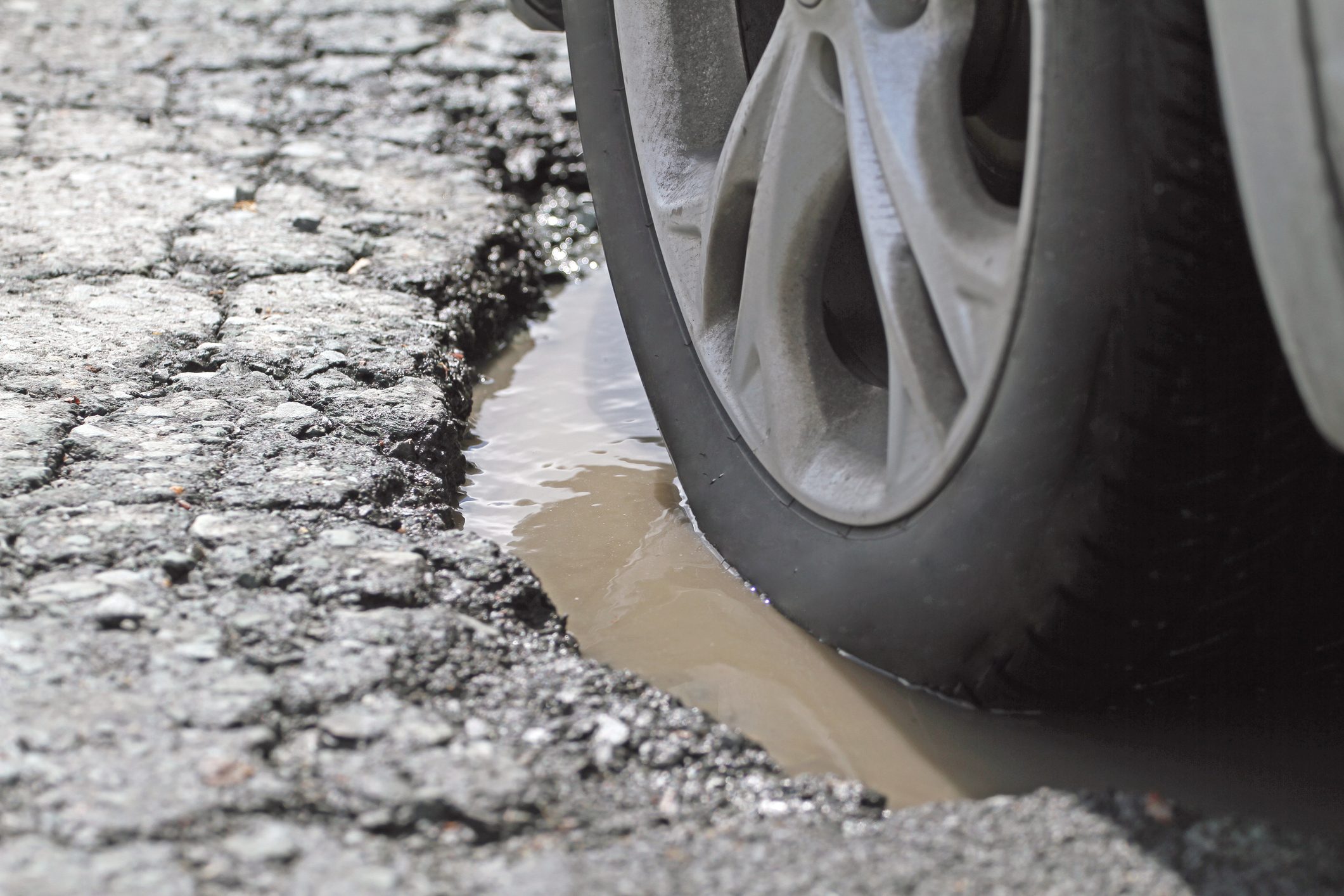
Ah, the age-old question: to plug or replace? Many of us have been faced with this same situation over the years. You’re driving to work and hear the thump of a flat tire. You get out to take a look and see the deflated tire, perhaps even some damage. You can’t drive on it, so you call the local tire repair shop.
Now you’re wondering if you can get away with a simple plug, or if you have to replace the whole tire to great expense. In order to make this determination, it must be assessed by a professional mechanic, and it will depend on the location of the puncture and how severe the damage is.
So, how do you know if a plug or simple repair is sufficient, or if the whole tire needs to be switched out? Here are some considerations to think about.
When Tire Plugging is a Viable Solution
A tire plug is a piece of rubber than can be inserted into the hole in the tire. Once inserted into the puncture, it will expand and trap any air from escaping. In most cases, tire plugging is only a temporary fix for a tire that has suffered minor damage. It’s not generally a permanent solution that you should rely on for any length of time. However, it is safe to drive your car with a tire plug for a short while. They’re best used for small holes that measure no more than ¼ inch in diameter, best when used on the tread rather than on or near the sidewalls.
When Replacement is a Better idea
You never want to hear that you have to replace a tire. They’re expensive and a hassle, and it may seem like a waste if you have plenty of tread remaining. But safety always comes first and your car is only as safe as the tires it sits on. As the only part of your car that actually touches the road, you have to make a decision in the interest of safety. You will need a new tire if:
- There’s any damage to the shoulder or sidewall
- You have a large hole more than ¼” in diameter
- You have severe damage, such as tread separation or big gashes
- The tire was damaged in a previously-repaired area
You shouldn’t ignore any hole, gash or slow leak, no matter how inconspicuous it may seem at first. Not all tires blow out when on the road. Slow leaks can be just as dangerous due to the rapidly decreasing tire pressure. Check your tires regularly for damage, wear and tear, and pressure. It’s usually the safest bet to replace a damaged tire but if the problem is minor, you may be able to get by with a plug for a while.
Contact I&I Tires
If you need a plug or replacement while on the road, contact us right away in Atlanta at 678-284-2006 or Smyrna at 404-920-0278.
